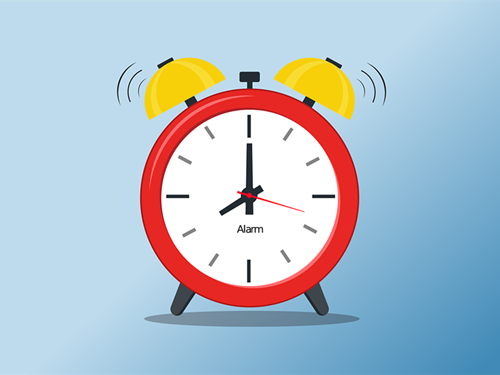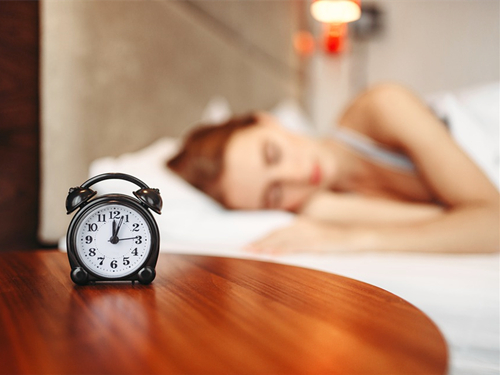
A Little Change for The Diapers, A Big Change for The World | Eco Boom Baby Bamboo Diapers and Wipes Manufacturer
A Little Change for The Diapers, A Big Change for The World | Eco Boom Baby Bamboo Diapers and Wipes Manufacturer

There are numerous reasons why most people nowadays stay up late. Some have work to finish, some need to study or rush their homework, while others simply stay up late because of using their photos or gadgets to watch or play mobile games.
Whatever the reason is, it is proven that not having enough sleep has a harmful impact on our body. And if you are a night owl, learning them might help you realize the importance of having the right amount of sleep.
Sleeping too much or too little is unhealthy
According to studies, the mortality or death rate of people who sleep for less than 6 hours has increased over time. While for people who sleep more than 9 hours and less than 4 hours, the number has doubled!
Furthermore, sleeping for 6.5 hours to 7.5 hours is the most ideal for us. This amount of time for sleep is just enough to regain rest and strength for another day full of activities.
Daytime sleep does not compensate for staying up late
If your way to make up for lack of night sleep is to sleep during the day, you may have to reconsider it. Remember that it is still best for us to sleep at the right time and with the right amount. In that way, we can really have a good night’s sleep.



Serious impacts of staying up late to your body
Skin damage
Insufficient sleep is one of the major causes of skin damage. Continuous sleep loss leads to serious disorders to our endocrine system, giving us poor skin conditions. Its obvious effects are having dark circles under the eyes, dry skin, skin aging, pimples or acne marks, and other skin issues.
Weakens the immune system
Immune deficiency is also a product of insufficient sleep. The body cells do not get enough rest that is needs and that weakens the immune system’s defenses, making your body prone to viruses that cause diseases such as colds, allergies, and others.
Memory damage
Sleep deprivation and memory loss are directly correlated. Staying up late do not only affects your physical abilities; it also greatly impacts your brain. As a matter of fact, studies have proven that sleep deprivation impairs our ability to learn and remember things. One of the serious effects includes insomnia.
High risk of having heart problems
If you think that the mentioned effects of staying up late are somehow trivial or minor ones, the major ones are indeed crucial and should be taken seriously. Among these major impacts is an increased risk of having heart diseases. A conducted study even showed that the mortality rate from cardiovascular diseases caused by lack of sleep has doubled.
Stomach complications
Lack of sleep seems to increase appetite and hunger. Hence, people who stay up late are expected to eat more at night also. However, if this is practiced regularly, it may result in gastrointestinal problems. From weight gain to constipation, diarrhea, and to serious damage in the gastrointestinal tract.
Vision loss
Since the artificial light during the night is not as bright as the natural light, our eyes are forced to make extra effort to see things clearly. Too much exposure to light from computer and phone screens damages our eyesight. Not to mention that our eyes cannot to be open 24/7 because it also needs to rest.
Could be linked to high blood sugar
A 2015 study found health problems like high blood sugar linked to people with an evening-driven schedule. While the study was working with a relatively small sample size, its results showed that female participants who stayed up late were also more likely to have high blood sugar. Hyperglycemia, significantly high blood sugar, is often associated with other health conditions, from temporary problems like fatigue and headaches to more serious conditions like cardiovascular disease and kidney damage.
Might be linked to depression
In a recent study, researchers found that people who consider themselves night owls were also more likely to report experiences symptoms of depression. This was especially true among participants who stayed up late and also had type-2 diabetes. While not necessarily a cause-effect relationship, it’s worth noting that the two seem to be intertwined to some degree.
Copyright © 2019 XIAMEN MK HEALTH CARE PRODUCT CO., LTD . | All Rights Reserved
We are here to help you! If you close the chatbox, you will automatically receive a response from us via email. Please be sure to leave your contact details so that we can better assist